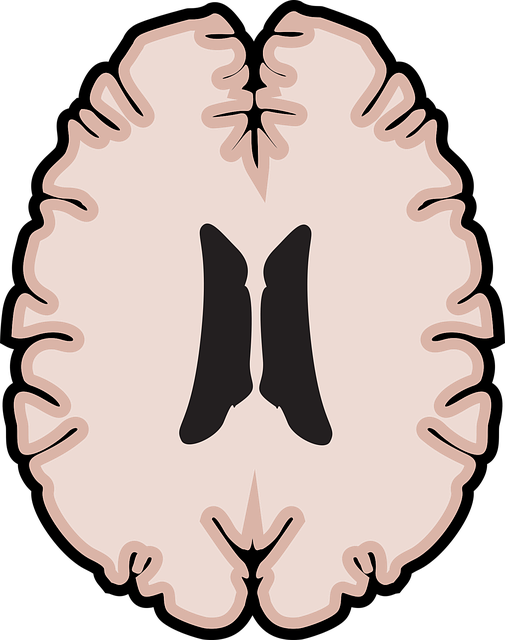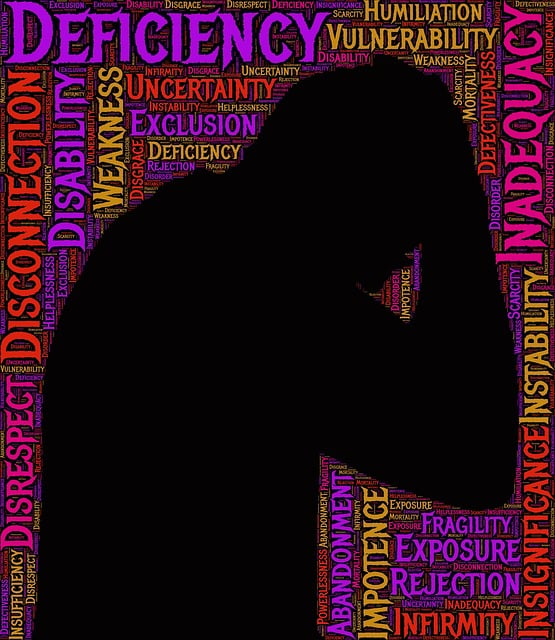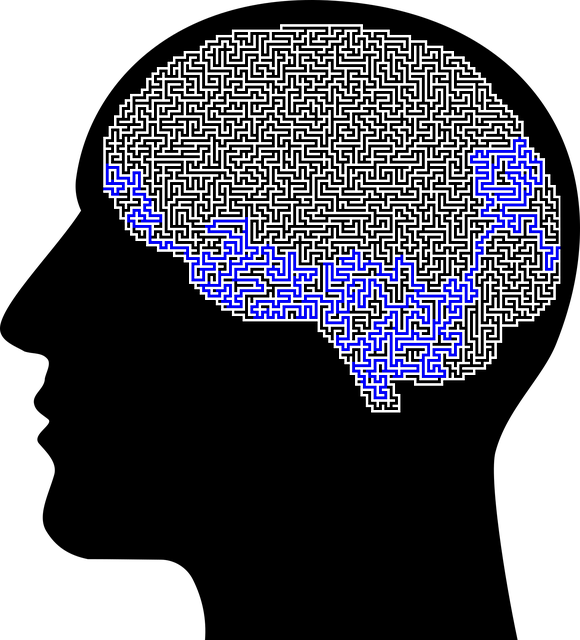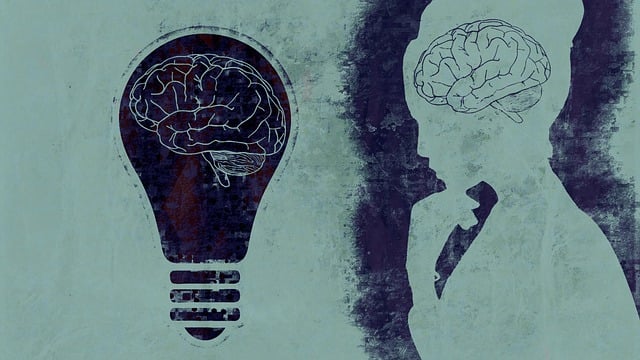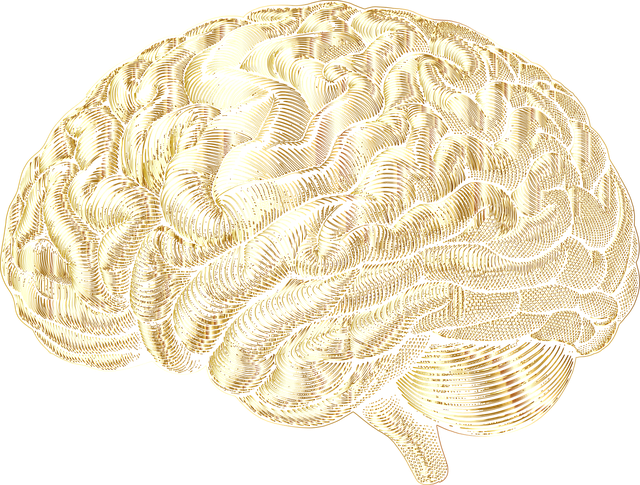The text highlights the significant impact of stigma on individuals with learning disabilities seeking mental health support, particularly in Northglenn. It emphasizes how this prejudice leads to social isolation and hinders early intervention. To combat this, the Northglenn Learning Disability Therapy program initiates community outreach, education, and empathy-building strategies. They offer specialized services, resources, and crisis intervention through various platforms, including schools, workplaces, and social media, aiming to normalize conversations around mental health. These efforts have shown positive outcomes, such as improved coping skills and mood management among participants, ultimately fostering a more inclusive and supportive environment for those with learning disabilities and mental health challenges.
Mental illness stigma remains a significant barrier to individuals seeking help. This article explores targeted efforts to reduce mental health stigma, examining diverse strategies from education to community engagement and media representation. We delve into the success of initiatives like the Northglenn Learning Disability Therapy approach, showcasing how proactive programs are reshaping public perception. By understanding the impact of stigma and implementing effective solutions, we can foster a more inclusive society where mental well-being is prioritized without fear of judgment.
- Understanding Stigma and its Impact on Mental Health
- The Role of Education in Reducing Stigma: Northglenn Learning Disability Therapy Approach
- Strategies for Community Engagement to Combat Mental Illness Stigma
- Leveraging Media and Social Platforms for Positive Change
- Success Stories: How Stigma Reduction Efforts are Making a Difference
Understanding Stigma and its Impact on Mental Health

Stigma surrounding mental illness can have profound effects on individuals’ well-being and recovery journeys. It often manifests as prejudice, discrimination, or negative perceptions, leading to social exclusion and a reluctance to seek help. This perception can be especially damaging for those with learning disabilities, who may face additional barriers in accessing appropriate Northglenn Learning Disability Therapy services. The impact is far-reaching, causing many to internalize these negative views, leading to feelings of shame and self-doubt. As a result, individuals might avoid disclosing their mental health struggles, hindering their ability to receive the necessary support and treatment.
Reducing stigma requires collective efforts, such as implementing successful Community Outreach Programs that educate the public about mental health. This can be coupled with Burnout Prevention Strategies for Healthcare Providers, ensuring they are equipped to offer empathetic care without succumbing to exhaustion. Empathy Building Strategies play a pivotal role in fostering understanding and breaking down barriers. By promoting open dialogue and challenging stereotypes, these initiatives create an environment conducive to recovery and encourage early intervention, ultimately improving mental health outcomes.
The Role of Education in Reducing Stigma: Northglenn Learning Disability Therapy Approach

Stigma surrounding mental illness can be a significant barrier to individuals seeking help and support. Education plays a pivotal role in reducing this stigma, and the Northglenn Learning Disability Therapy approach is an innovative strategy that empowers both the disabled community and their supporters. This therapy program focuses on fostering understanding and empathy by educating individuals about learning disabilities, breaking down stereotypes, and promoting positive thinking.
By incorporating self-care routine development for better mental health and social skills training into their curriculum, Northglenn Learning Disability Therapy ensures that participants gain practical tools to navigate their daily lives with confidence. These strategies encourage a sense of agency, enabling individuals to manage their conditions effectively while fostering a supportive network that challenges negative perceptions. Through education, this approach aims to create an inclusive environment where mental health is prioritized, and the unique needs of those with learning disabilities are met with compassion and understanding.
Strategies for Community Engagement to Combat Mental Illness Stigma

In the fight against mental illness stigma, community engagement is a powerful tool. Northglenn Learning Disability Therapy leads the way in providing resources and education to foster understanding and empathy. They organize workshops, seminars, and awareness campaigns that target various segments of the community, including schools, workplaces, and faith-based groups. These initiatives focus on dispelling myths, promoting early intervention, and encouraging open conversations about mental health. By integrating crisis intervention guidance into their programs, they ensure that participants are equipped to handle emergent situations with compassion and care.
Effective communication strategies are at the heart of these efforts. Through interactive discussions, personal narratives, and storytelling, Northglenn Learning Disability Therapy encourages honest dialogues about mental illness. They emphasize the importance of active listening and empathetic responses in reducing stigma. Additionally, they promote anxiety relief techniques as a means to normalize conversations around stress and mental well-being. Such approaches not only empower individuals with knowledge but also create supportive environments where everyone feels valued and understood.
Leveraging Media and Social Platforms for Positive Change

In today’s digital age, media and social platforms offer a powerful tool to challenge mental illness stigma. By leveraging these channels, Northglenn Learning Disability Therapy can reach a broad audience, share stories of resilience, and foster understanding. Influencers, celebrities, and everyday individuals with lived experiences can contribute to this positive change by openly discussing their journeys, demystifying mental health conditions, and promoting the idea that seeking help is a sign of strength. This strategy aligns with the broader goals of Risk Management Planning for Mental Health Professionals and Mental Health Policy Analysis and Advocacy, as it helps to create a more supportive societal environment for those struggling with mental health issues.
Furthermore, social media platforms provide a safe space for individuals to connect, share resources, and offer mutual support. Hashtags dedicated to stigma reduction campaigns can help spread awareness and encourage open conversations. This collective effort not only educates the public but also empowers individuals to embrace their identities and seek the help they need. Cultivating positive thinking and supportive communities online can significantly contribute to breaking down barriers associated with mental illness, making resources like Northglenn Learning Disability Therapy more accessible and effective.
Success Stories: How Stigma Reduction Efforts are Making a Difference

In many communities, efforts to reduce stigma around mental illness are bearing fruit. Success stories from various initiatives highlight the positive impact of programs that provide learning disability therapy in Northglenn and beyond. These include Mental Wellness Coaching Programs Development tailored for individuals with learning disabilities, which have shown remarkable results in improving participants’ coping skills development and mood management.
Through these programs, individuals are gaining a better understanding of their conditions and developing effective strategies to manage their mental health. This shift in perception not only enhances their quality of life but also encourages others to seek help without the fear of judgment or discrimination. The success stories serve as a testament to the power of stigma reduction efforts in fostering a more inclusive and supportive environment for those living with mental illness.
Mental illness stigma reduction is a multifaceted effort that requires education, community engagement, and innovative use of media. The Northglenn Learning Disability Therapy approach highlights the power of understanding and empathy in schools, while community engagement strategies foster inclusive environments. Leveraging social platforms for awareness campaigns and sharing success stories like those seen in mental health advocacy can significantly impact public perception. By combining these efforts, we can create a more supportive society where individuals with mental health challenges are embraced rather than stigmatized, ultimately improving access to care and enhancing well-being.
